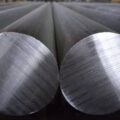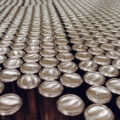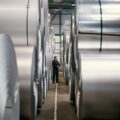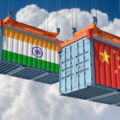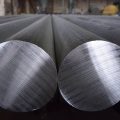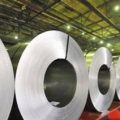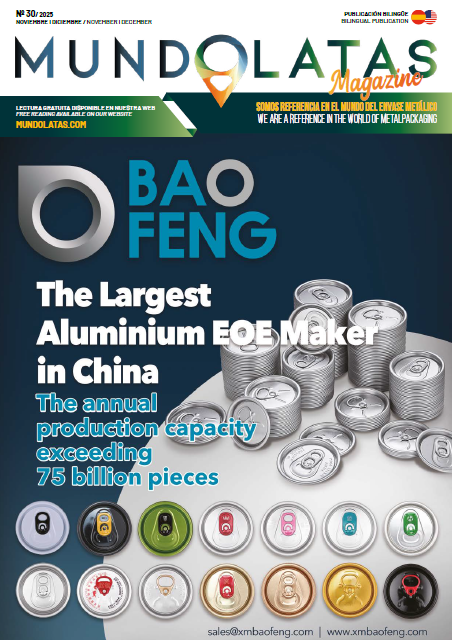The Commerce Department’s decision to impose preliminary anti-dumping duties on tin-plated steel imports from Canada, Germany and China has relieved can makers, who feared higher tariffs.
A preliminary anti-dumping duty of 122.5% will be imposed on tin-plated steel imported from China, including the country’s largest producer, Baosteel.
The Department will impose preliminary duties of 7.02% on imports of tinplate from German producers, including Thyssenkrupp, and 5.29% on imports from Canadian producers, including ArcelorMittal.
The Commerce Department said no tariffs will be imposed on shiny silver metal imported from Britain, the Netherlands, South Korea, Taiwan and Turkey, which is commonly used in food cans, paint, aerosol products and other containers.
A Commerce Department official told reporters that producers in Canada, Germany and China were selling tinplate steel at prices below those in their home markets. As a result of the lack of cooperation from one of the major producers, the Chinese government was found to have an “adverse inference” on tariffs, while other respondents were unable to demonstrate their independence from the Chinese government.
ARE COSTS GOING UP?
According to Can Manufacturers Institute, any new import duties will result in higher material costs and food prices at a time when inflation remains high because U.S. steelmakers produce less than half of the tinplate needed for domestic canmaking.
Members of Congress wrote in June that high anti-dumping duties would raise packaging costs for food products and aerosols, and increase Chinese imports of canned goods.
However, royalties were significantly lower than initially anticipated. In its initial petition, Cleveland-Cliffs asked the Department of Commerce to impose anti-dumping duties of 79.6% on imports from Canada, 70.2% on imports from Germany, 111.92% on imports from Great Britain, up to 110.5% on imports from South Korea, up to 296% on imports from the Netherlands, up to 60% on imports from Taiwan and up to 97.2% on imports from Turkey.
Can Manufacturers Institute was grateful that Cleveland-Cliffs did not impose most of the high tariffs requested.
Robert Budway, president of the group, expressed hope that Commerce’s final determination will eliminate the proposed tariffs on Canadian and German tinplate steel.
“Because of tariffs, U.S. tinplate prices remain the highest in the world, putting domestic can makers at a competitive disadvantage to foreign imports of unfilled steel cans and foreign filled food products,” Budway said, referring to Trump’s “Section 232” tariffs on steel and aluminum imports.
The five countries that escaped the tariffs account for about half of U.S. imports of tinplate steel, while China accounts for about 14% and Canada and Germany for about 30%.


